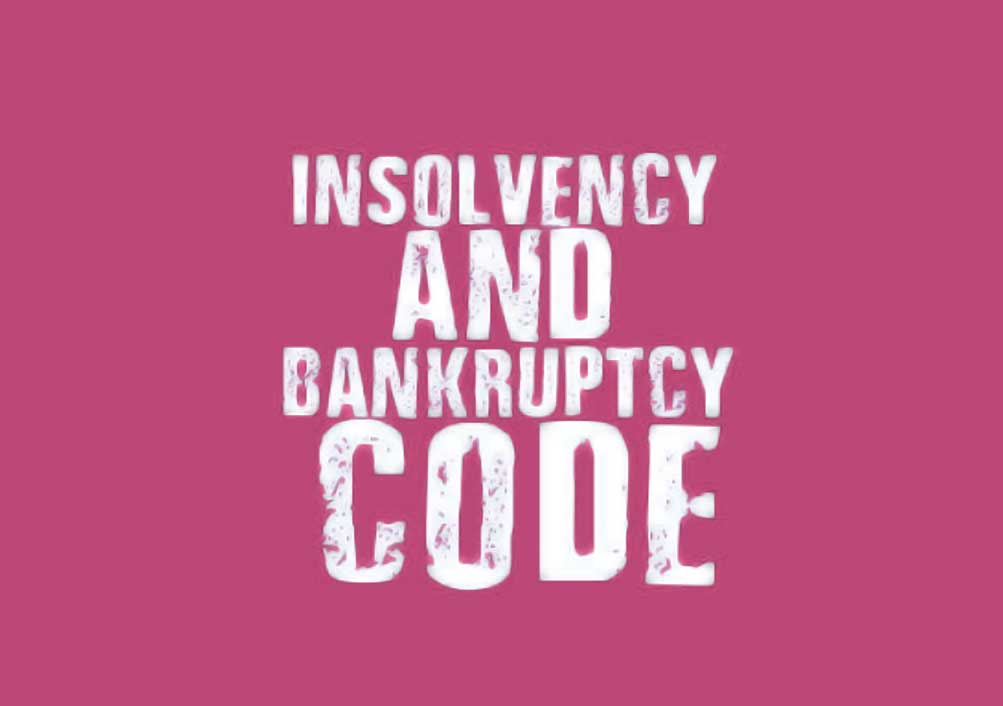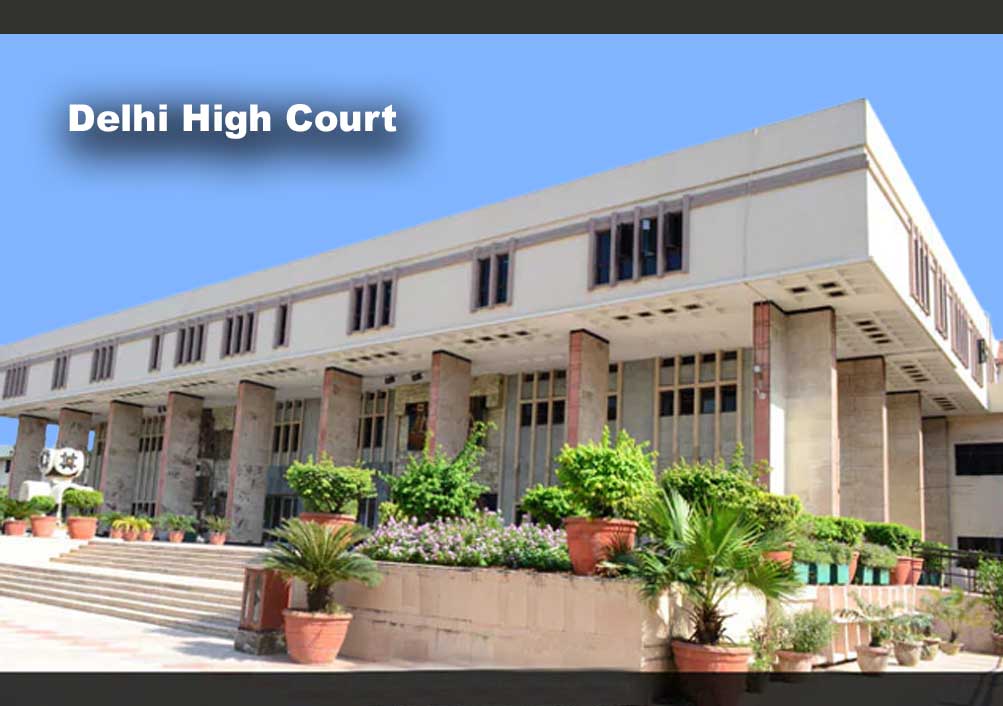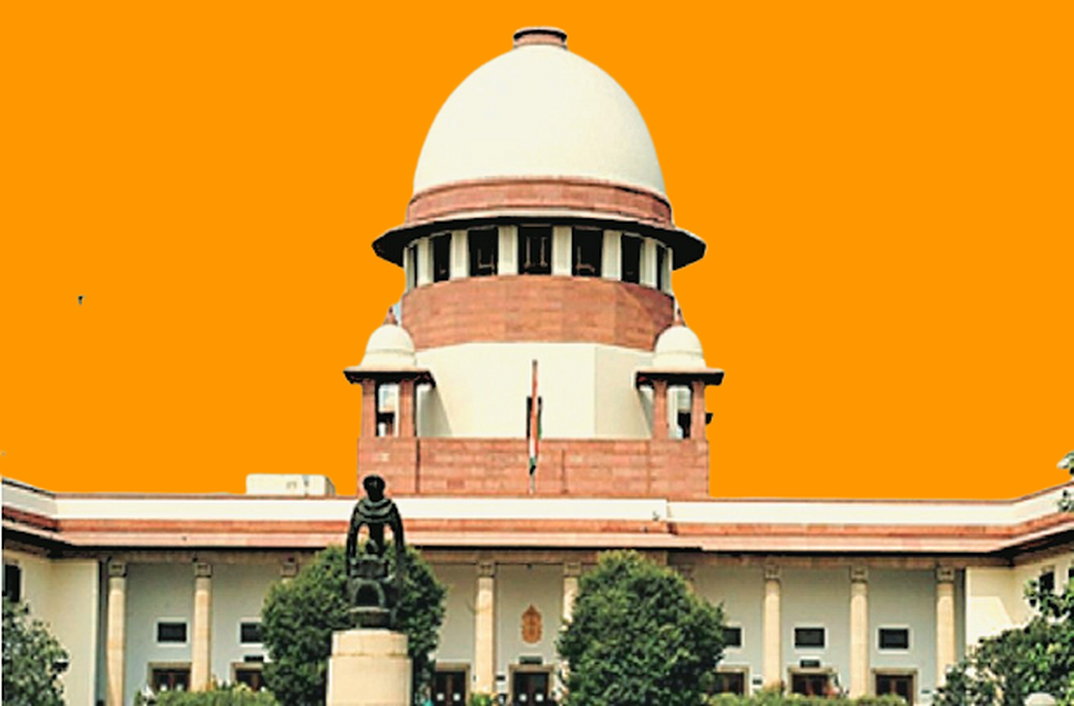Person aggrieved by order under IBC should not await receipt of free certified copy u/s 420(3) of Companies Act r/w Rule 50 of NCLT Rules and prevent limitation from running:SC

Read Judgment: V Nagarajan vs. Sks Ispat and Power Ltd & Ors
Pankaj Bajpai
New Delhi, October 25, 2021: The Supreme Court has opined that an application for certified copy of order should be made before expiry of limitation period in order to claim exclusion under Limitation Act, 1963.
Hence, V Nagarajan (appellant) having failed to apply for a certified copy, had rendered such appeal filed before the National Company Law Appellate Tribunal (NCLAT) as clearly barred by limitation, added the Court.
A Larger Bench of Justice Dr. D.Y. Chandrachud, Justice Vikram Nath & Justice B.V. Nagarathna therefore observed that a sleight of interpretation of procedural rules cannot be used to defeat the substantive objective of a legislation that has an impact on the economic health of a nation.
It is not open to a person aggrieved by an order under the Insolvency and Bankruptcy Code 2016 (IBC) to await the receipt of a free certified copy u/s 420(3) of the Companies Act 2013 r/w Rule 50 of the NCLT Rules and prevent limitation from running, added the Bench.
The background of the case was that the Cethar Ltd. (Corporate Debtor), engaged in engineering & project consultancy, was undergoing liquidation, and the appellant was appointed as its interim resolution professional and resolution professional.
After an unsuccessful attempt at resolution, the appellant was appointed as its liquidator on April 25, 2018 and it instituted proceedings u/s 43 and 45 of the IBC to avoid preferential and undervalued transactions of the Corporate Debtor in favour of first to fourth respondents with respect to a contract dated March 15, 2011. No relief was however sought against the tenth Respondent(SKS Power Generation Chhattisgarh Ltd-subsidiary of first respondent-SKS Ispat and Power Ltd).
The appellant claimed to have subsequently discovered that SKS Ispat and Power Ltd (first respondent) and its subsidiary-SKS Power Generation Chhattisgarh Ltd (tenth Respondent) had colluded with the promoters of the Corporate Debtor and defrauded the latter of over INR 400 crores by entering into a fraudulent settlement of INR 4.58 crores.
The appellant also alleged that these transactions formed a part of the ongoing investigation by the Central Bureau of Investigations and the Enforcement Directorate. The tenth respondent allegedly at the behest of first respondent, sought to invoke certain bank guarantees issued by the Corporate Debtor for its failure to perform its engineering services.
The appellant then filed a Miscellaneous Application to resist the invocation of this performance guarantee until the liquidation proceedings were concluded. The NCLAT however held that the appeal filed u/s 61(1) was barred by limitation, by noting that the statutory time limit of thirty days had expired and an application for condonation of delay had not been filed.
On appeal, the NCLAT observed that the appellant had not provided any evidence to prove that a certified or free copy had not been issued to him.
After considering the submissions, the Top Court observed that owing to the special nature of the IBC, the aggrieved party is expected to exercise due diligence and apply for a certified copy upon pronouncement of the order it seeks to assail, in consonance with the requirements of Rule 22(2) of the NCLAT Rules.
Section 12(2) of the Limitation Act allows for an exclusion of the time requisite for obtaining a copy of the decree or order appealed against, added the Court.
The Larger Bench made it clear that the litigant has to file its appeal within thirty days, which can be extended up to a period of fifteen days, and no more, upon showing sufficient cause.
Rule 22(2) of the NCLAT Rules mandates the certified copy being annexed to an appeal, which continues to bind litigants under the IBC, added the Bench.
The Larger Bench went on to opine that while the tribunals, and even this Court, may choose to exempt parties from compliance with this procedural requirement in the interest of substantial justice, as re-iterated in Rule 14 of the NCLAT Rules, the discretionary waiver does not act as an automatic exception where litigants make no efforts to pursue a timely resolution of their grievance.
The Apex Court found that the appellant was present before the NCLT on December 31, 2019 when interim relief was denied and the miscellaneous application was dismissed, however, appellant had demonstrated no effort on his part to secure a certified copy of the said order and had relied on the date of the uploading of the order on the website.
“The period of limitation for filing an appeal u/s 61(1) against the order of the NCLT dated 31 December 2019, expired on 30 January 2020 in view of the thirty-day period prescribed u/s 61(2). Any scope for a condonation of delay expired on 14 February 2020, in view of the outer limit of fifteen days prescribed under the proviso to Section 61(2)”, observed the Court.
The Apex Court therefore dismissed the appeal u/s 62 of the IBC and clarified that the lockdown from March 23, 2020 on account of the COVID-19 pandemic and the suo-motu order of this Court has had no impact on the rights of the appellant to institute an appeal in this proceeding and the NCLAT had correctly dismissed the appeal on limitation.
Sign up for our weekly newsletter to stay up to date on our product, events featured blog, special offer and all of the exciting things that take place here at Legitquest.




Add a Comment